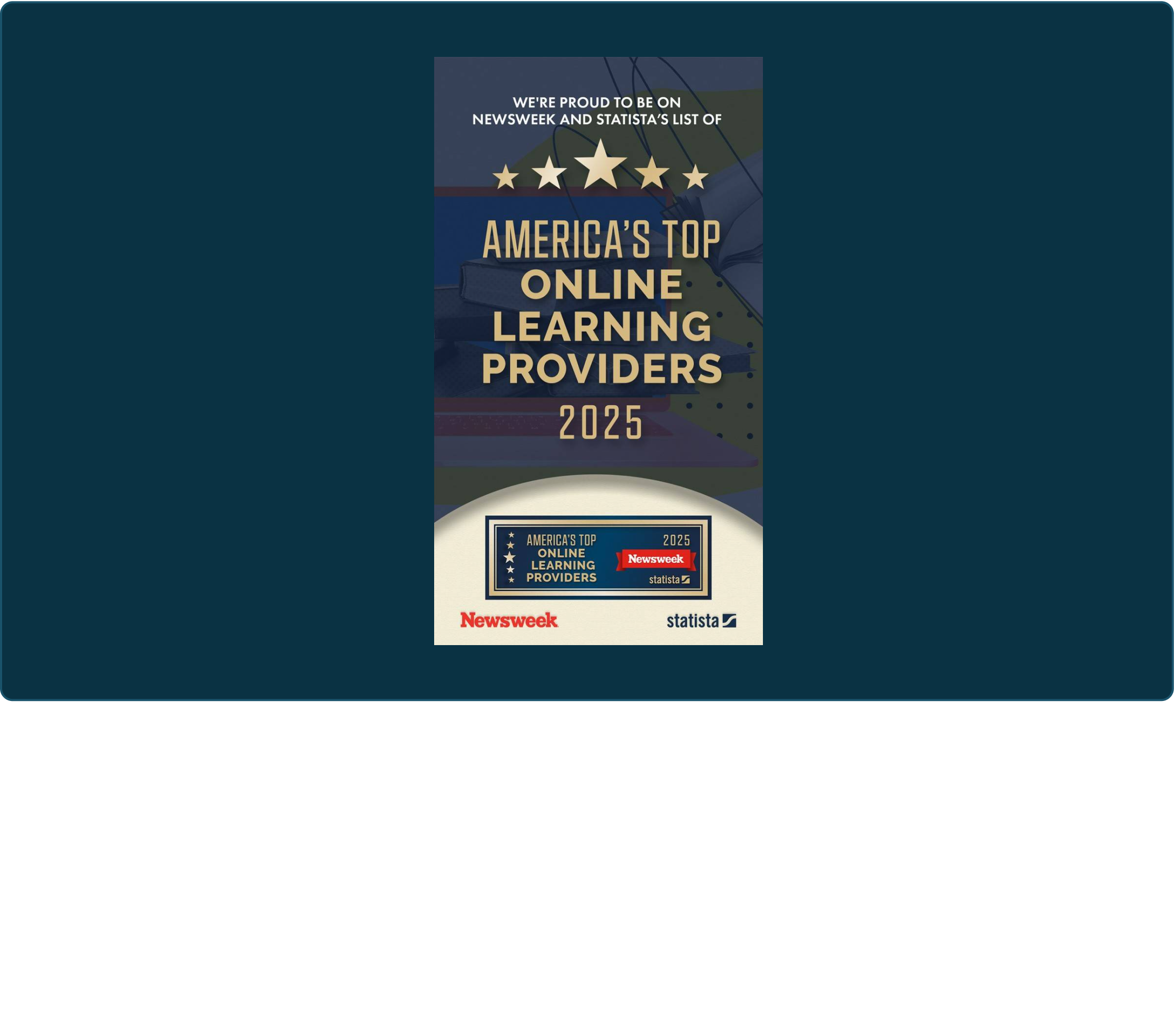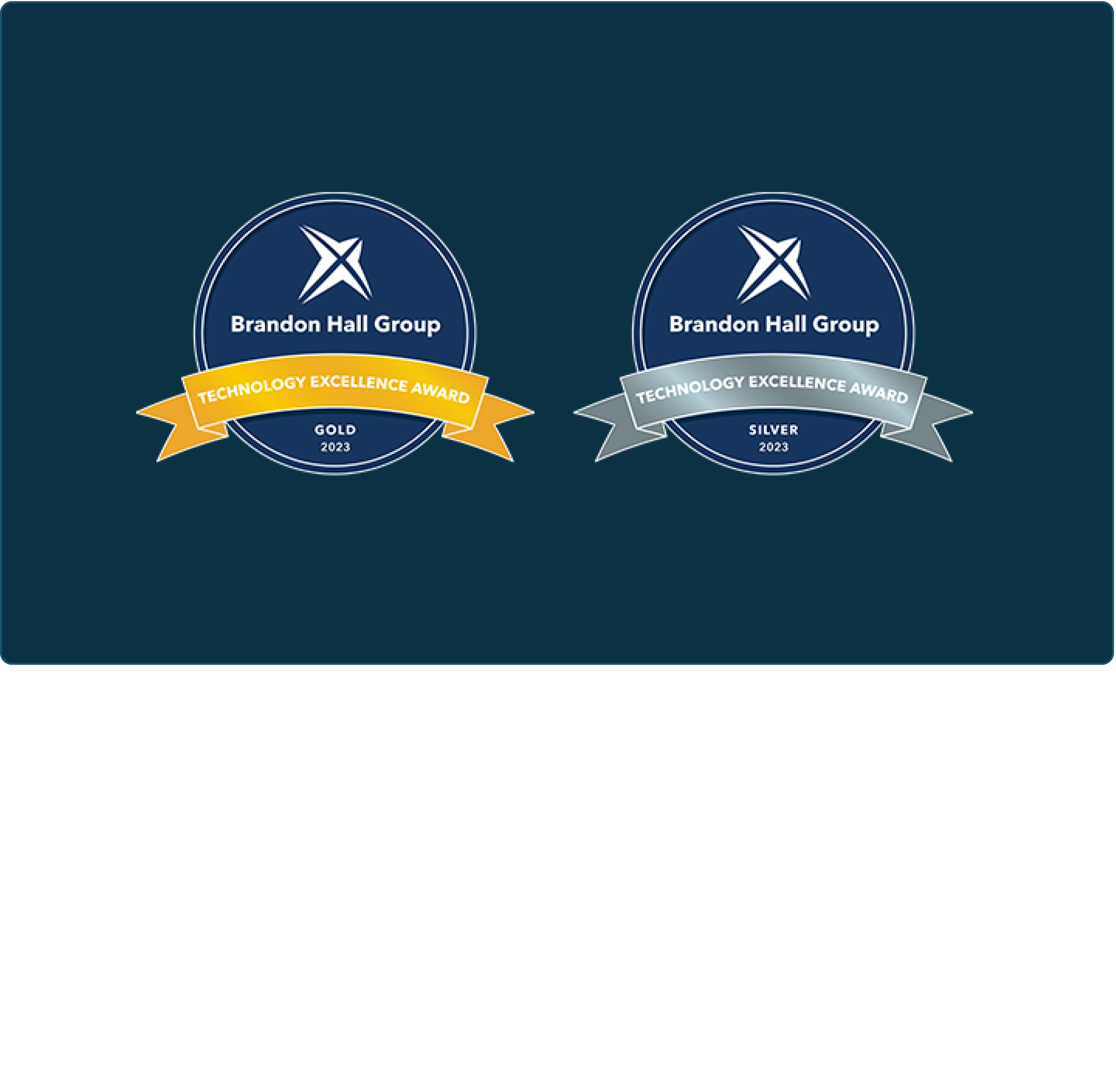The Resuscitation Suite offers the ability for future-minded healthcare organizations to improve patient mortality rates while saving significant time and costs.
-
Learning & Performance
- Learning Center Deliver custom or industry-designed product training directly to care environments
- Video Learning Engage your staff with high-quality training videos—made and hosted in one convenient place
- Reporting & Analytics Make fast, data-driven decisions that improve care quality while saving money
- Performance & Engagement Attract and hold on to top performers while delivering the best patient outcomes
- CE Management Experience the future of Continuing Education with our comprehensive suite of tools designed to elevate your educational programs.
- Learning Experience Deliver custom or industry-designed product training directly to care environments
-
Clinical Development
- Competency Development Bridge the gap between theory and practice for your nurse residents
- Child & Maternal Care Enhance care with solutions focused on improving the quality of care for mothers, infants, and children
- Acute & Emergency Care Take on staffing orientation challenges to achieve and maintain certification with ease
- Surgical & Sedation Care Ensure the highest standard of safety in surgical and sedation for every patient, every time
- Non-Acute & Ambulatory Care Step up support for patients with chronic conditions and the professionals who support them
- Clinical Placement Software for schools, healthcare organizations, and students to manage clinical and nursing rotations easily
-
Credentialing
- Provider Credentialing Streamline patient care with a single source of truth for provider onboarding and credentialing
- Network Credentialing Don’t spend another minute struggling with provider data—with a single, tailored directory solution
- HealthStream CVO Extend your in-house capabilities—while enhancing patient safety—with primary source verification
- Provider Validate Validate referrers at the speed of modern healthcare—via one simple interface
- Industry Rep Credentialing The best courses from the best sources—it’s never been easier to keep your reps compliant
- Scheduling
-
Quality & Compliance
- Compliance Solutions Train better behaviors to reduce risk with compliance training
- Quality & Safety Develop next-level people for next-level care by prioritizing quality and safety improvements
- Policy Management Gain peace of mind with a searchable online system that organizes, distributes, and tracks your docs
- Culture & Leadership Build a culture of belonging by supporting DEI, wellness, engagement, and leadership development
- Medical Product Training Deliver custom or industry-designed product training directly to care environments
- Workforce Validate An automated solution for healthcare license verifications, SAM and OIG exclusion and sanction monitoring to ensure a culture of compliance and patient safety.
- Workforce Validate Exclusions An automated solution for healthcare license verifications, SAM and OIG exclusion and sanction monitoring to ensure a culture of compliance and patient safety.
- Revenue Cycle Education
-
Resuscitation
- BLS, ALS, PALS Certification Train to the highest standard with the most comprehensive training on the market
- NALS Respond confidently to neonatal emergencies in and out of the hospital
- Obstetric ALS Training Prepare your OB team to stabilize patients during perinatal cardiac arrest
- First Aid, CPR, & AED Training Improve your non-clinical staff’s emergency readiness
- Prevention & Trend Recognition Train your acute care nurses to take decisive action when it’s needed most
- hStream Content Marketplace Access over 35k courses in healthcare’s #1 content marketplace
- Nursegrid Learn Your whole nursing career, right at your fingertips
- CME Courses Stay up-to-date with the latest in continuing medical education
- Rep Direct Keep your reps in check—with vendor credentialing courses
- Collaboratives Pool your resources for more performance—and buying power
Now Saving Lives Big and Small
The American Red Cross, AWHONN, and HealthStream proudly deliver the Neonatal Advanced Life Support program TODAY

Train to the highest standard
The American Red Cross Resuscitation Suite™ is the most comprehensive and flexible training option on the market with BLS, ALS, PALS, and NALS (Neonatal Advanced Life Support). This adaptive solution pairs cutting-edge instructional design and resuscitation science expertise with HealthStream’s 35-year history in industry-leading program management and workforce development tools.
.tmb-auto.png?sfvrsn=e0dad81d_0)
Globally recognized for elevated resuscitation care


The clear choice—when high risk patient lives are on the line
![]()
Engaging, Adaptive Content
Optimize competency and retention with purposeful debriefing, team-based scenarios, and objective skills feedback.
![]()
Unparalleled Flexibility
Customize implementation by selecting delivery models (self-guided, blended, and live), manikin preferences, and preferred training intervals (3, 6, 12, and 24 months).
![]()
Administrative Ease
Save time and cost with automated training assignments, comprehensive reporting functionality, easily accessible e-cards, and vendor consolidation.
bc0e3ed0-395e-449f-bf76-3c76ed4a57ea.svg?sfvrsn=219aeabd_1)
Increase your impact by implementing advanced resuscitation training
Elevate your resuscitation and neonatal care delivery with our comprehensive range of evidence-based training options. With ALS, BLS and PALS training and certifications available through the American Red Cross, you can have all the tools at your disposal to make a difference in your organization and save lives.
Neonatal Advanced Life Support (NALS)
Empower clinical teams to respond confidently to newborn emergencies beyond the delivery room.
AED, CPR and First Aid Training
Ensure non-clinical, patient-facing staff can respond to emergencies with OSHA compliant education.
Clinical deterioration
Prepare teams to Anticipate, Recognize, and Target care to prevent cardiac arrest.
Stable infant care plans
Improve the confidence and delivery of neonatal care for all staff to save more lives.
.svg?sfvrsn=db69284b_1)
Get access to additional insights & resources


Patients deserve the best chance at life
The Resuscitation Suite empowers organizations to elevate life-saving training and care while reducing admin burden, risk, and cost. A commitment to improving patient outcomes starts with choosing the most comprehensive and flexible resuscitation training option on the market.
